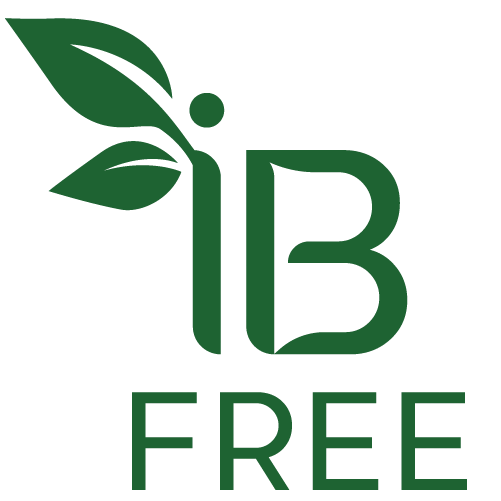Sugar Substitutes and IBS: Why Sugar-Free Foods Can Trigger Symptoms
If you have Irritable Bowel Syndrome (IBS), you know diet plays a huge role in managing symptoms. One overlooked trigger? Sugar-free foods and drinks. Marketed as healthier alternatives, these products often worsen IBS symptoms like bloating, gas, cramping, and diarrhea.
The culprit lies in the sugar substitutes themselves.
The Problem with Sugar Substitutes
Many sugar substitutes are poorly absorbed in the gut. When they reach the colon, they ferment, producing gas and other digestive issues—especially for people with IBS.
1. Sugar Alcohols (Polyols)
Examples: Sorbitol, Mannitol, Xylitol, Erythritol, Maltitol
Where found: “Diet” or “sugar-free” gums, candies, protein bars, and beverages
Why problematic: Sugar alcohols are FODMAPs—poorly absorbed carbs that can cause bloating, gas, and diarrhea, even in small amounts.
2. Artificial Sweeteners
Examples: Aspartame, Sucralose (Splenda), Saccharin, Acesulfame K
Where found: Diet sodas, packaged foods, low-calorie desserts
Why problematic: Some disrupt gut bacteria and affect motility. Sucralose, in particular, has been linked to increased gut inflammation in studies.
3. “Natural” Sugar Substitutes
Examples: Sorbitol (naturally found in fruit), Stevia, Monk fruit extract
Where found: “Natural” or plant-based sweetener blends
Why problematic: Sorbitol remains a strong IBS trigger. Stevia and monk fruit are usually tolerated, but commercial blends often contain sugar alcohols—making them problematic.
What’s the Safest Sugar Substitute for IBS?
Pure stevia extract is often the best tolerated option, provided it isn’t mixed with sugar alcohols, maltodextrin, or dextrose. Monk fruit extract may also be safe, but always check the label.
Tip: Avoid blends marketed as stevia or monk fruit if the ingredients list includes erythritol or maltitol.
Bottom Line
For those with IBS, “sugar-free” doesn’t always mean symptom-free. Sugar alcohols and artificial sweeteners can disrupt digestion, trigger flare-ups, and undo the benefits of a clean diet.
Safer choices include pure stevia or monk fruit extract, but the best approach may be to cut out sugar-free processed foods altogether.
Pro tip: Always check labels—sugar alcohols can hide in everything from gum to protein powders.
